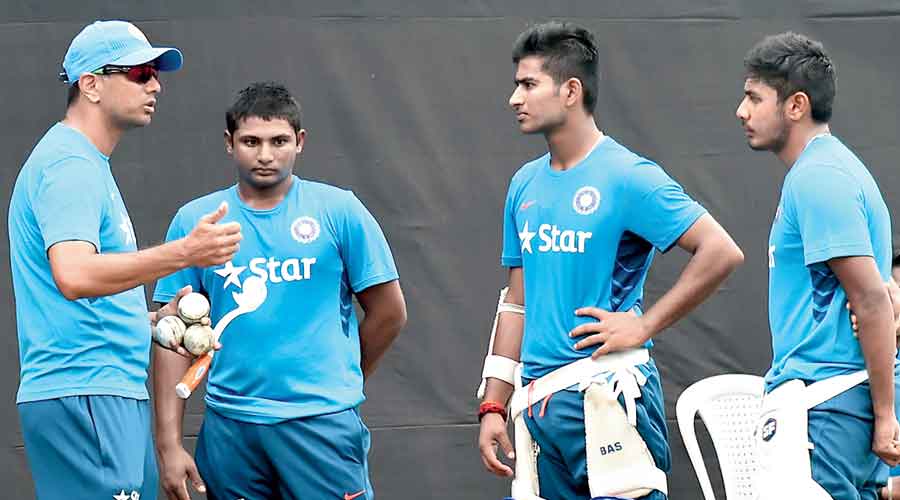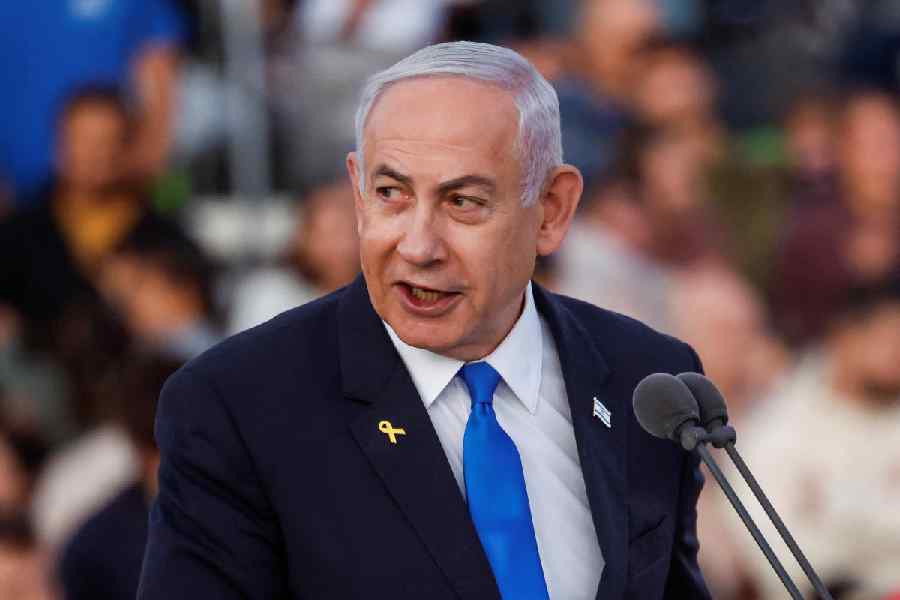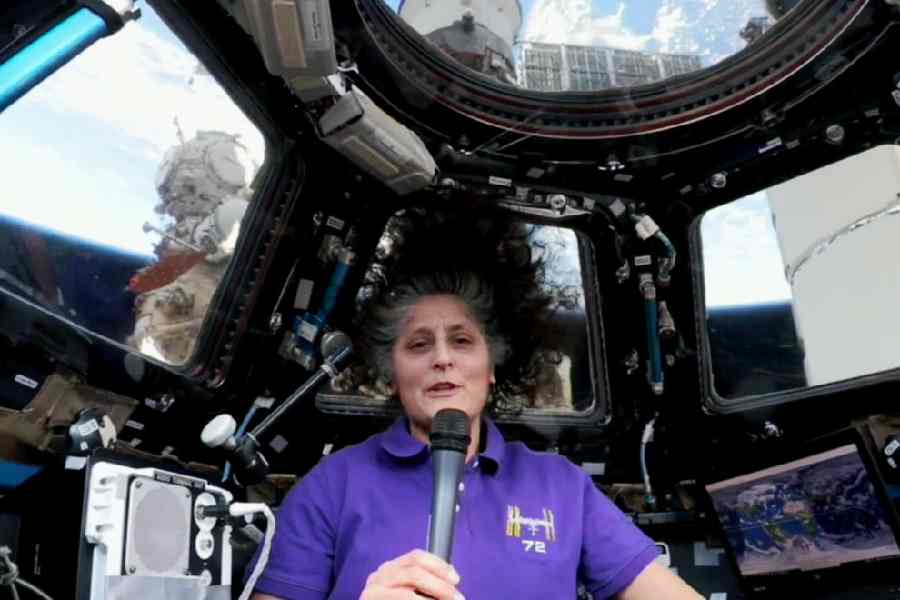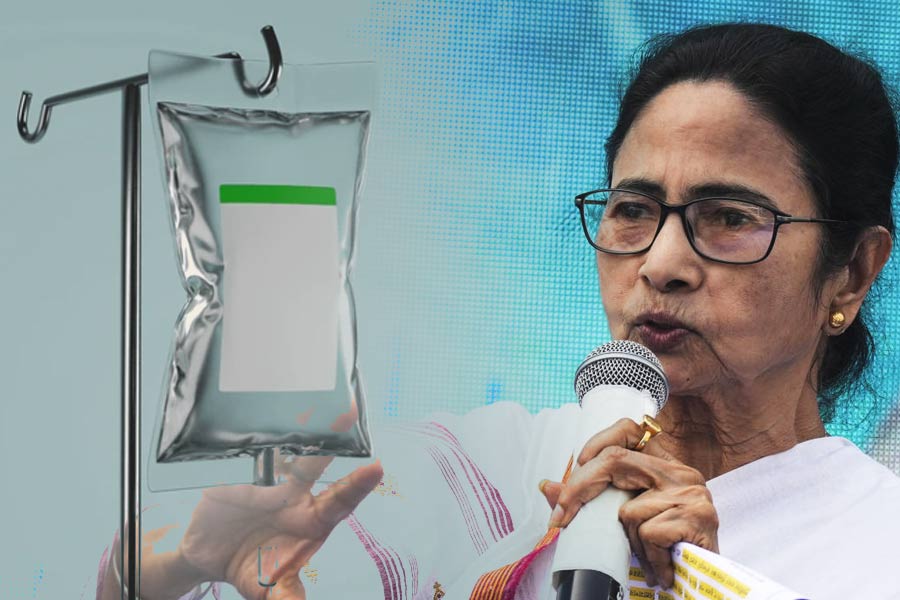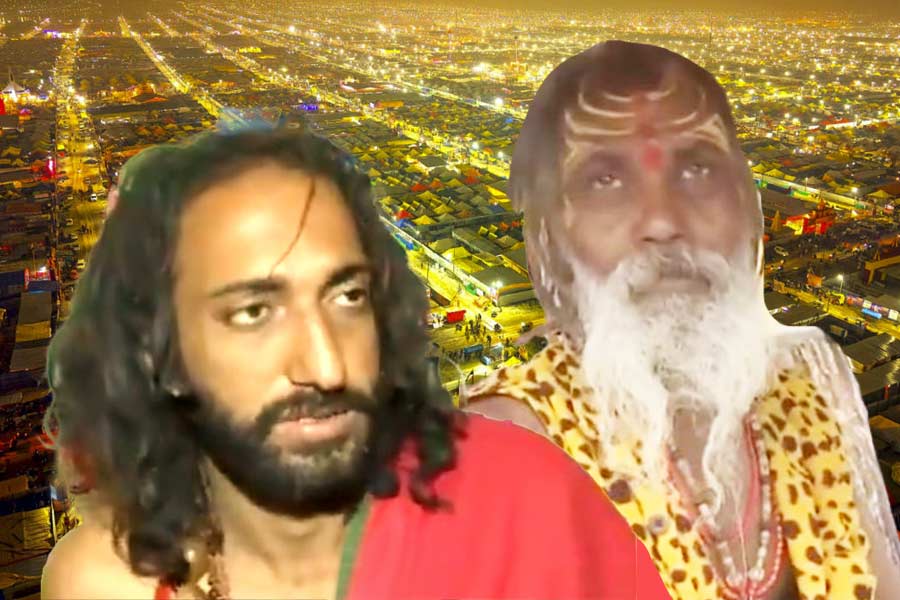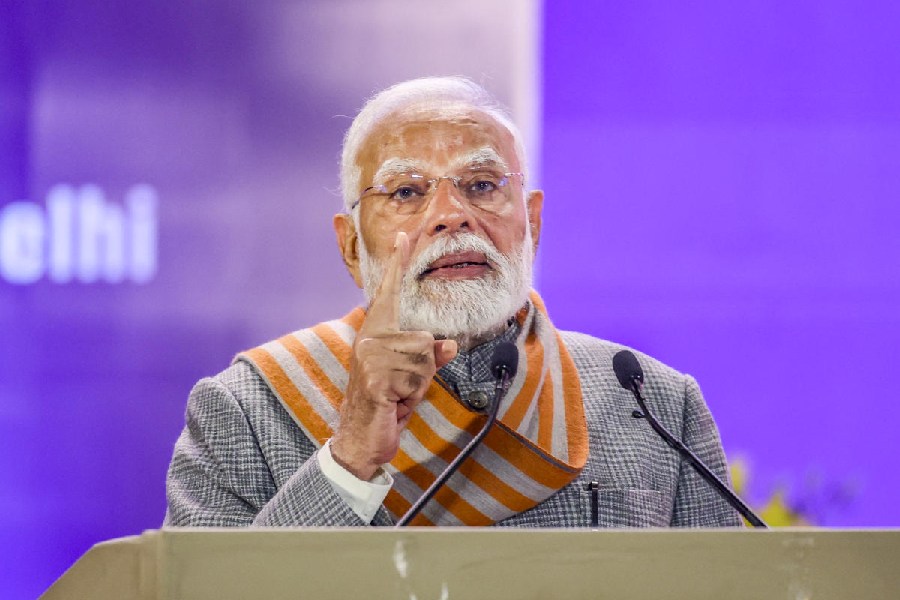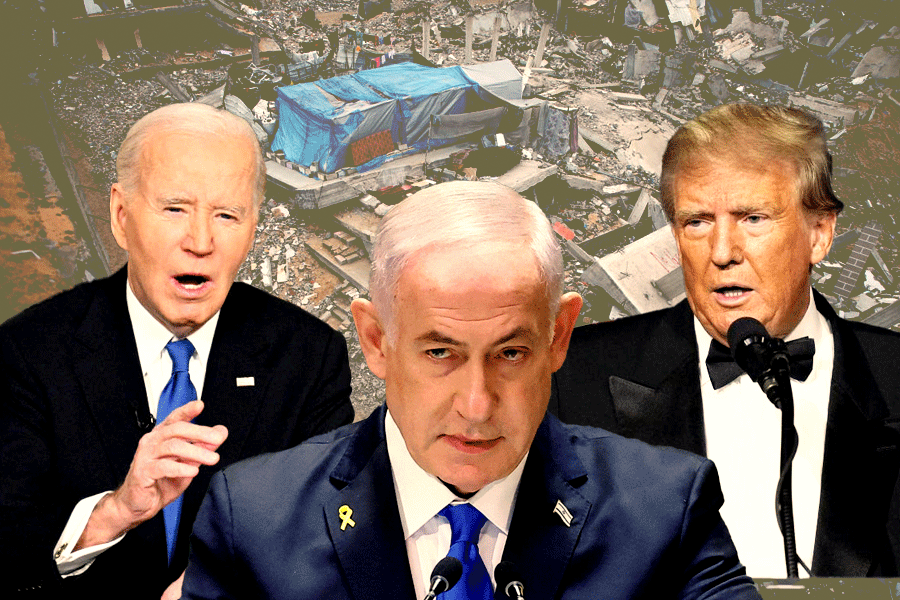Senior cricketers Rohit Sharma and Ravichandran Ashwin have already spoken about how eager they are to work under Rahul Dravid, who will be taking over the head coach’s reins from Ravi Shastri once India’s campaign in the ongoing T20 World Cup ends.
Paddy Upton, the mental conditioning coach when India won the World Cup in 2011, perhaps summed up Dravid’s coming on board in the best possible manner. “... I believe his appointment will add momentum to the slowly shifting leadership terrain,” Upton wrote on his professional network page.
Besides, the seriousness with which the former India captain approaches the sport, he will do his best to ensure the sanctity of the dressing room prevails without any interference from stuff not related to cricket, members of the fraternity who have seen him from close and interacted with him regularly stressed.
Inculcating some of his views and ideas into the team, being more inclusive, bringing in a team culture where everyone feels secure and emphasising the need to show discipline even during nets sessions will be some of the key elements of his coaching pattern. How he wards off those bouncers and yorkers to avoid being termed a “headmaster” a year or two down the line remains to be seen.
“Each coach brings his own way of approaching things, and Rahul would do the same. But his biggest advantage is his involvement with the growth of most of the cricketers in the current squad,” former BCCI general manager and national selector, Syed Saba Karim, told The Telegraph on Thursday.
The likes of Shreyas Iyer, Rishabh Pant, Ishan Kishan, Suryakumar Yadav and Prithvi Shaw have all progressed under Dravid’s guidance during their U-19 days as well on ‘A’ tours. “The bundle of goodness that Rahul is, he will let players blossom on their own without imposing anything on them,” Saba Karim stated.
“Rahul doesn’t behave like a headmaster at all. He’s more like a motivator talking about situational awareness. He’s never at the forefront, rather he works from the background because that’s the role of a coach,” Devang Gandhi, another former national selector, pointed out.
At the same time, Dravid, who has been the chairman of the National Cricket Academy, is also expected to be very particular about the players’ communication with physiotherapists and fitness coaches at the Bangalore facility.
Lately, some of the players, after sustaining injuries or to regain full fitness, have consulted physiotherapists of their respective IPL franchises instead of training under those at the NCA. “Yes, this will also be looked into as contracted players need to follow the protocols.
“You can’t disregard something set up by the Board. One or two players can’t make an exception,” Devang, who represented India in four Tests and three ODIs, agreed.

